Pacedonia: Searching For The Land of Inner Peace
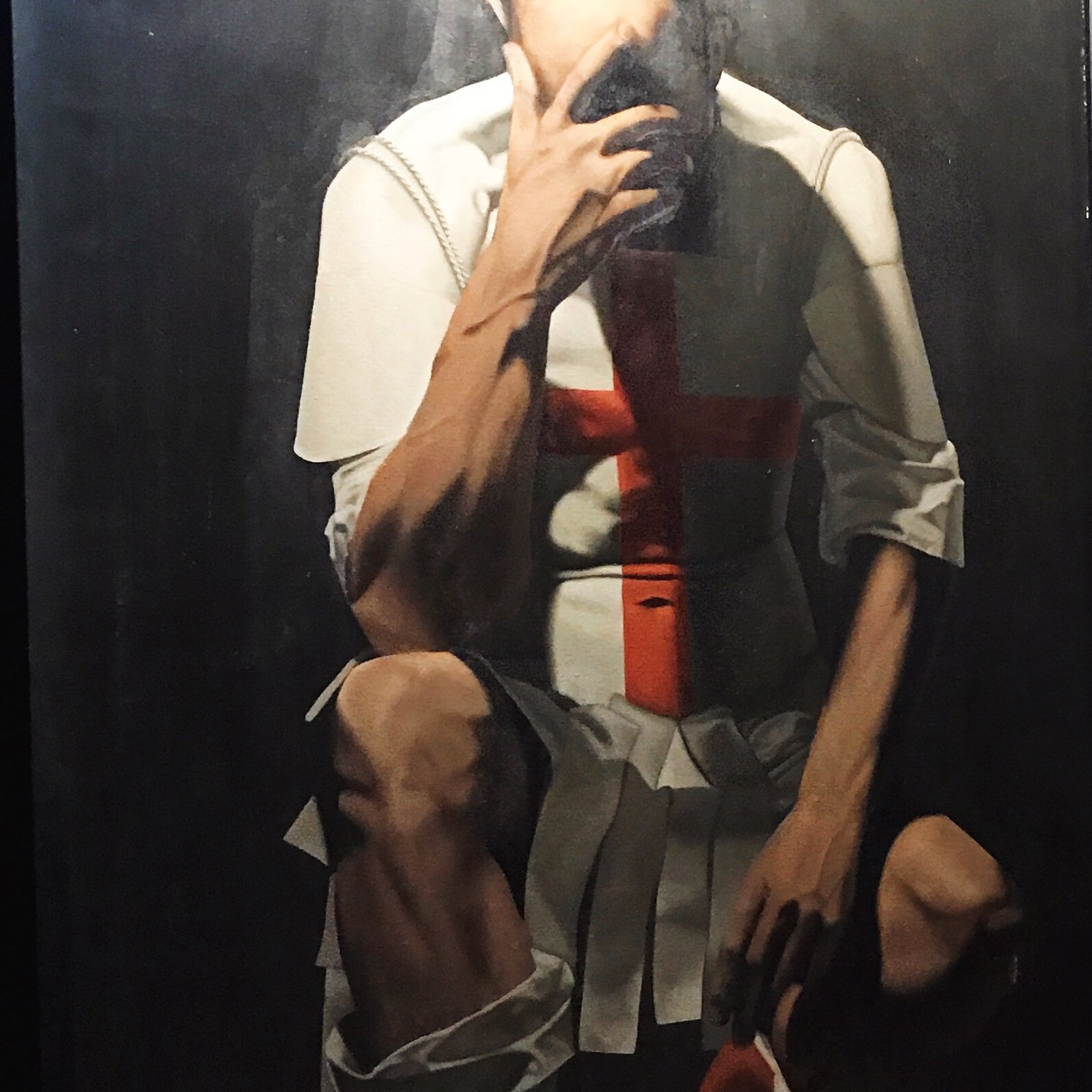
Pacedonia: The land of inner peace, rest and solitude. A place of wisdom to find solace to shield us from suffering. It can be a place where we pass quickly finding a moment’s reprieve, a place that slips from our grasp like water when we try to grasp it.
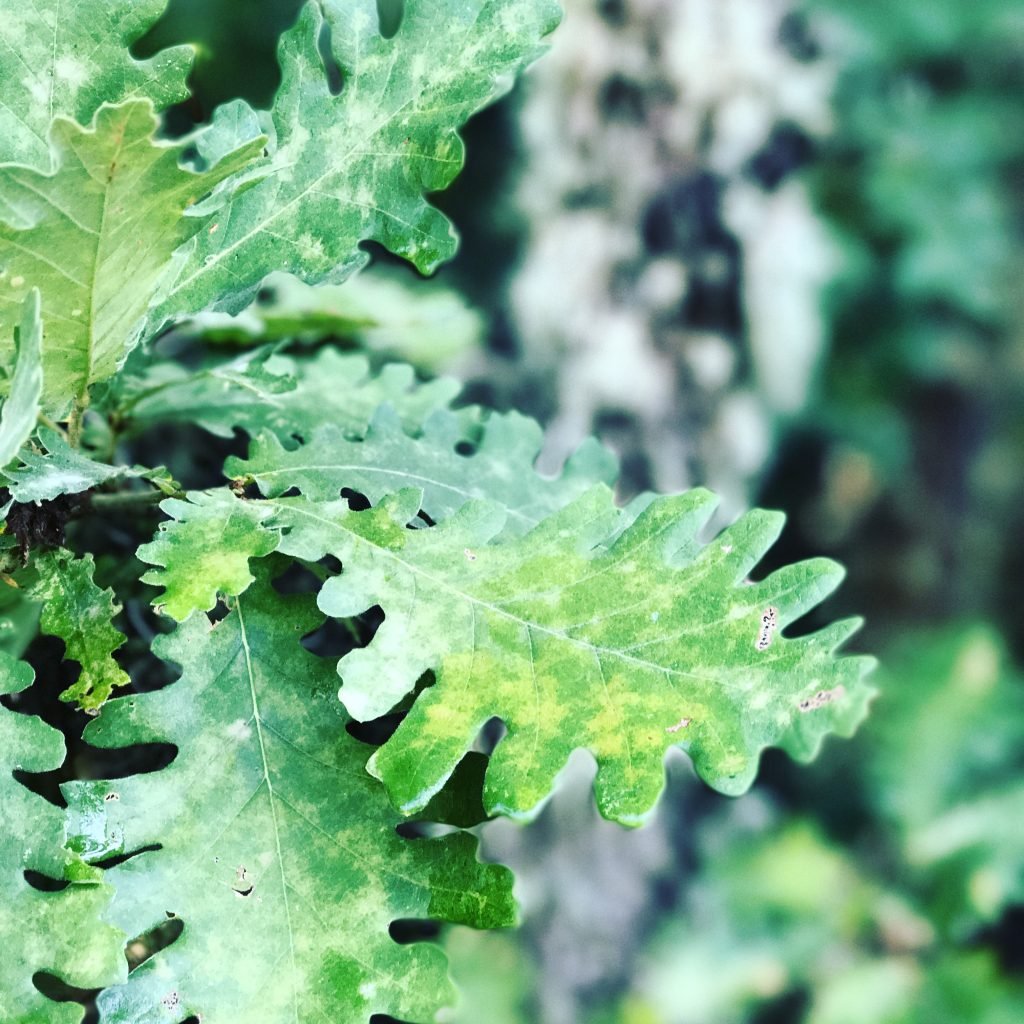
Marathin
The last three weeks walking through Italy, Albania and Macedonia have been relentless. Early starts and late finishes, walking thirty kilometre plus days through late summer heat up hills and mountains and through fields, villages and forests and along quiet tracks and long busy roads can be taxing on the body. But what can be much more taxing I discovered was when one loses one’s way this can be debilitating.
Running To Schedule
In the last two weeks we have been covering great distances to stick to our tight timetable. This goal focused walking meant that the pace has been frenetic. We were putting our energy towards reaching our daily distances.
Blurry Vision
This often meant that the towns and villages, and the countryside became a blur as we traversed with haste through them.
This had the effect not only to diminish the experience of walking but left me exhausted. I hadn’t really realised what was missing to re-balance my energy and commitment till yesterday.

Destinating
We needed to cover over thirty five kilometres yesterday. Goal driven we started early from the Macedonian village of Sopotsko. Sopotsko is a small decaying village surrounded by apple orchards and forests. Many of the buildings are dilapidated and no doubt this is a result of poverty and young people leaving for the bigger towns and cities for work and opportunity.

Cobbling Forward
Soon we began to walk into the magnificent mountain oak forests. We followed the old road that led from Resen to Bitola, much of which was paved in cobbles around the village of Kazhani, just off the A3 road that had superseded the old road. We stopped at the war memorial in Kazhani, a village that was like a ghost town. No doubt that with the new A3 road traffic no longer passed through this village and it experienced a rapid death.
The Road Less Traveled
From here we began to climb again towards the mountains and passed through a string of hillside villages on our way to Bitola.
This one decision not to continue on the quicker old road route but to take the longer more physically demanding and circuitous route was to be fortuitous.

Capari
Capari was the first village we entered. We climbed up the hill and entered the village between crumbling houses that have seen better days. We walked past the church which appeared empty and forlorn. I stopped to peer over the stone wall and this building.
First impressions can be quite deceiving. I had assumed that this sleepy village had few people living in it. Instead, in a few moments we were to meet some of the inhabitants.

We walked to the entrance gate leading into the church yard. We proceeded down a path and as we did we saw the church was open and so we entered. There were old village men sitting in a foyer to the church, and inside the church were many old women standing in silence .

Father Goran
We soon discovered that a ceremony was about to take place.
The priest was about to start service and we were able to have a conversation with him beforehand.
His name was Father Goran, a Macedonian Orthodox priest. The church was dedicated to Saint George, and was ornately and exquisitely decorated throughout. The exterior belied the incredible beauty of the interior. It came quite a shock not only to enter the church and to be taken aback by the interior but also by the number of people within this holy space.

They were mourners. They were here to commemorate the death of a villager who had died 40 days prior and this was the commemoration service as is customary. They believe, as in Christian faith, that the soul is released 40 days after death from the body.
Father Goran explained also that in Macedonian Orthodox churches the iconic image of Christ or the Virgin Mary will be placed Either side of the altar and that of the patron saint second from the left. He also informed us that eighty percent or so of churches in the Macedonian Orthodox faith are dedicated to Saint George or Saint Nicholas.

Saint George
Saint George has been a constant figure along our pilgrimage from London to Jerusalem. I first learned about Saint George at Rochester Cathedral in the United Kingdom as we made our way along the Via Francigena from London to Rochester and onto Canterbury. Within the Cathedral was a painting of Saint George by Scott Norwood-Witts entitled St George and Dead Soldier. The accompanying commentary reads:
A native of Palestine, the patron saint of soldiers, England and numerous other countries is shown battle-fatigued identifying another fatality of war. Removing the contrived ‘dragon-slayer’ identity developed during the Crusades, reveals an international Man of Sorrows in grief for all the casualties of war and conflict.
Saint George was a Palestinian, and he has been historically misrepresented as a ‘dragon-slayer’, a man of violence.
The commentary continued:
As a high ranking soldier of the Roman Empire, rising to the position of Tribune, St. George’s conversion to Christianity was extremely dangerous, yet it inspired him to seek peaceable means to overcome oppressive forces. He put down his weapons and personally confronted the Emperor Diocletian over his brutal persecution of the Christian minority.Warrior of a tyrannical emperor turned dissident pacifist, who paid for it with his life as a martyr.

Pace Maker
As we learned about the church from Father Goran my eyes wandered through the beautiful painted icons and settled upon that of Saint George. He is shown riding his valiant steed holding the cross and standing above the defeated dragon. In that moment I began to get an indication what was troubling me and had sapped away my energy over the past few weeks.
Because of the pace we were walking to get to Jerusalem, having exited, crossed, or entered four countries in the space of a fortnight we became more focused on the destination not the journey.
We had left Italy where we were keeping in the last week a blistering pace of 30km or more per day through oppressive heat, crossed the Adriatic and in a matter of a few days had traversed the width of Albania’s brown hills and mountains. Onwards we marched like Crusaders to the Holy Land through southern Macedonia in three days and now into Greece.
Blessings In Disguise
What was troubling me was revealed when our team leader asked for a pilgrim’s blessing. Father Goran’s wise words had a deep effect upon us all. He said that he couldn’t give us a blessing. Who is he but a mere priest.
Our blessing began the moment we entered the church. It had begun even earlier when we decided to undertake this journey which very few people living have taken. The blessing he said was the journey. The blessings are the journey, the people we meet along the way, the people we encounter, the experiences we have, the learnings we receive.
In those few humble words he had reconnected me back to the journey. That what was missing in the past few weeks was experiencing the blessings inherent in the journey. The blistering pace meant that we rarely had interactions with people along the journey – we were too quick to get somewhere.

Peace Maker
Being in the church dedicated to Saint George personally brought me back to the mission of the pilgrimage – to help in our small way to contribute to peace to the Holy Land. To go to the Holy Land not as Crusaders fighting for Christianity against the Moslem hordes symbolised by the dragon, but to spread a vision of unity and peace – pacifists in the quest for peace.
Spiritual Nourishment
What was missing over the past few weeks was the deep spiritual connection that I had experienced in other parts of the journey. Physical nourishment was not enough to sustain my mental state as we charged forward.

Soul Connection
As we left the church we lit a candle for the deceased to show our respect. We then proceeded to the centre of the village to a very spartan store cum bar. Sitting out the front with our soft drinks and sesame bagels on a timber bench we were all grateful for resting our weary feet.
I was also grateful to simply sit still in the village and observe instead of rushing through the village.
These moments of stillness allowed magic to happen. I felt I had a chance to ‘be’ part of the village rather than a quickly passing traveler.
It also meant that a man sitting inside the bar could provide a much needed moment of connection. He came outside, not speaking a word of English, with two big bottles of soft drink, cups and clear intent. His gesture of generosity left me with tears in my eyes and I thanked him with hand to my heart.

Kindness and Compassion
This simple act of kindness and compassion left a deep and indelible impression on me in an instant. I was moved that total strangers seeing weary travelers can provide such simple honest and humble hospitality.
As we attempted to communicate I began to understand a message he was leaving me with. He said ‘you and I are the same. There is no difference’. To me this was saying that we are souls and so deeply connected regardless of outward appearances and circumstances.
Come Passion
These two encounters in the hillside village of Capari in Macedonia had a deep impact on me.
In those moments I felt my listlessness disappear and my energy begin to return. I had previously begun to lose the energy and passion. I lost connection with the blessings as Father Goran had so wisely predicted which were provided along the journey.
Hospitaliers
Sitting in this village I began to think of the misguided Crusaders on their quest to save the Holy Land. I thought about Saint George, the man who turned from violence and war to peace, and I thought about the warm hospitality we had been given in this village.
I also thought about my Maltese heritage, and my cultural connection to the Holy Land via the Knights of the Hospital of St. John of Jerusalem, which later became the Sovereign Military Order of Malta.
It is ironic how the Sovereign Military Order of Malta had its roots with the Hospitallers who arose in the 12th century provide care for sick, poor or injured pilgrims coming to the Holy Land and later became a military order, of war and violence.
Though we were not sick, poor or injured, the care, compassion and hospitality provided by a simple villager in the bar echoed the ideals that no doubt the early Hospitallers espoused.
Inner Peace
The experiences in Capari had reconnected me to the inner peace I had experienced in previous parts of the journey. The hospitality reaffirmed that spiritual nourishment can provide me the kind of energy I needed to help me continue the pilgrimage. But this was to prove short lived…

Rotino
The next village along the hillside route passing fields and forests was Rotino. An even smaller village then Capari, it contained fewer houses.
As we entered the village a dog appeared. At first I wasn’t sure if he was friendly or not. I approached cautiously, extended my hand so that he could sniff it, and after the formalities were over he decided that he would accompany us on our journey.
In fact this dog followed us for over 15 kilometres, passing through other hillside villages along the way. Just like other dogs we have met through Albania and Macedonia, he provided a great traveling companion. He would stop when we stop, rest when we rested.
He was very thin with a few ribs showing and his hip bones sadly protruded. He had a wound on his back leg that he no doubt had received through another dog biting him. This caused flies to constantly disturb him and he was constantly licking the wound.

I felt compassion for him and offered him some of my lunch. As we approached the outskirts of Bitola I began to feel increasingly concerned.
He was a village dog not a city dog. He had little experience with cars. Along a straight road cars would drive past at great speed. He was constantly in the middle of the road and I fear he would not make it.
He was happy to follow us I had assumed as he was not cared for in his village and no doubt given little to eat. By making it to the city he may have a chance to survive on the compassion and generosity of others, as in a city there are ore resources and people. Yet it soon became apparent that the couple or so kilometres to Bitola may be his last.
This created great distress. What do we do? So close to the city there were few houses. We couldn’t abandon him. Yet we couldn’t let him continue as he would surely be killed.

Capricious
In the end the team leader shewed him away and he began following someone on the road. I felt great guilt. We were shown such great hospitality, and here was an animal, a soul in need, and we were abandoning him.
I felt sad and my actions fickle and capricious. I know that we couldn’t rescue him and take him in as we were fellow travelers. Yet he was hungry and in need of company.What should I have done? Ignored him and thrown stones at him to scare him away? And then when he did join us not feed him?

Mislaid Kindness
This has sat with me and I feel sad when I think about the day. The kindness we had been given, and how I had failed to follow through with the same.
It also brought up more questions to which I am struggling for answers. One of which is there are so many people and animals suffering in the world. A great sea of suffering. As I pass this suffering can I turn a blind eye and keep walking?
I cannot help everyone and everything so what do I do? Do I simply help one starfish along the shore of millions caught stranded a low tide? Do I become cynical and say what’s the point of helping one when there are so many suffering?
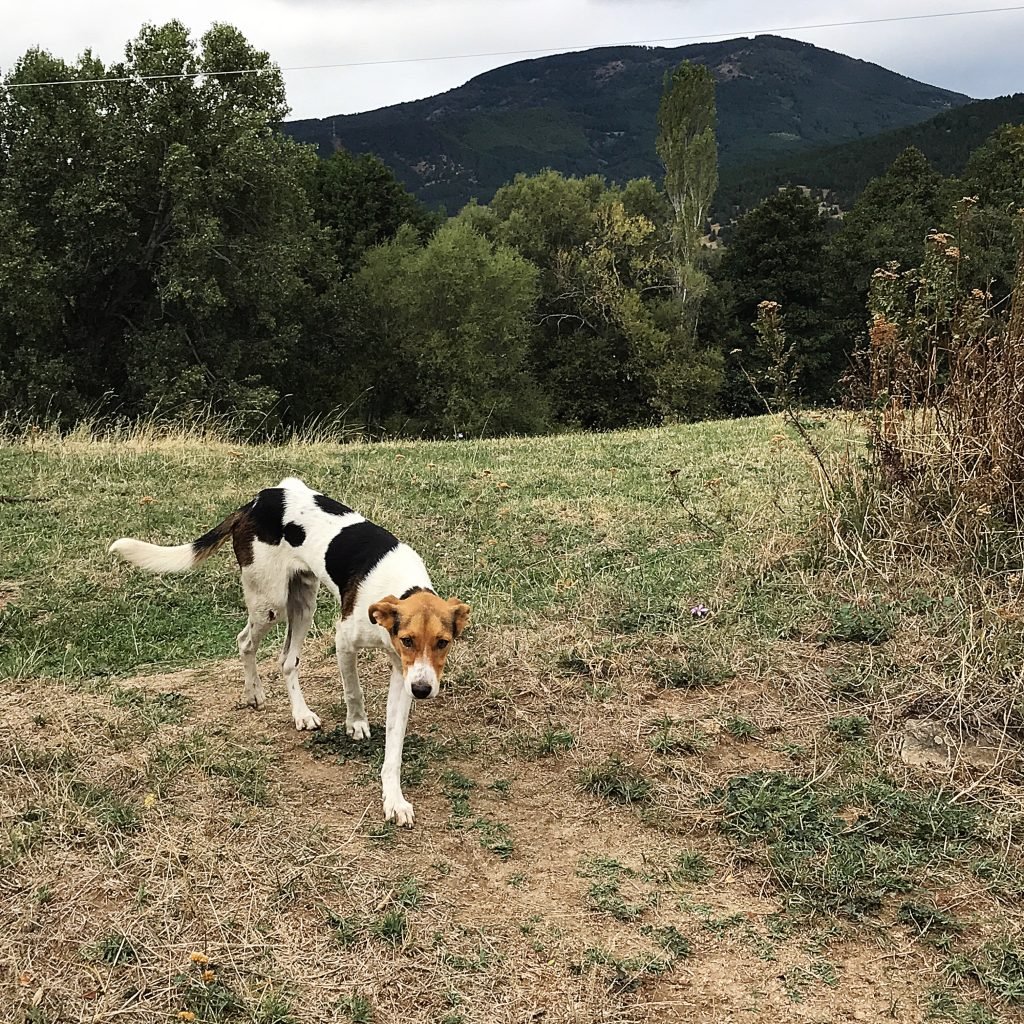
Promised Land
As we approached our accommodation we passed a small supermarket where we picked up a few drinks and items for lunch. Standing outside I noticed a small tan coloured stray dog. She had long teats and no doubt must have had puppies. As I observed this dog an elderly lady crossed the street. She approached the store and had a small bag in her hand. She proceeded to feed the dog some processed meat. It then occurred to me that there were many Hospitallers in Macedonia. That this dog was in the Promised Land. I really pray that the dog we had abandoned makes it…
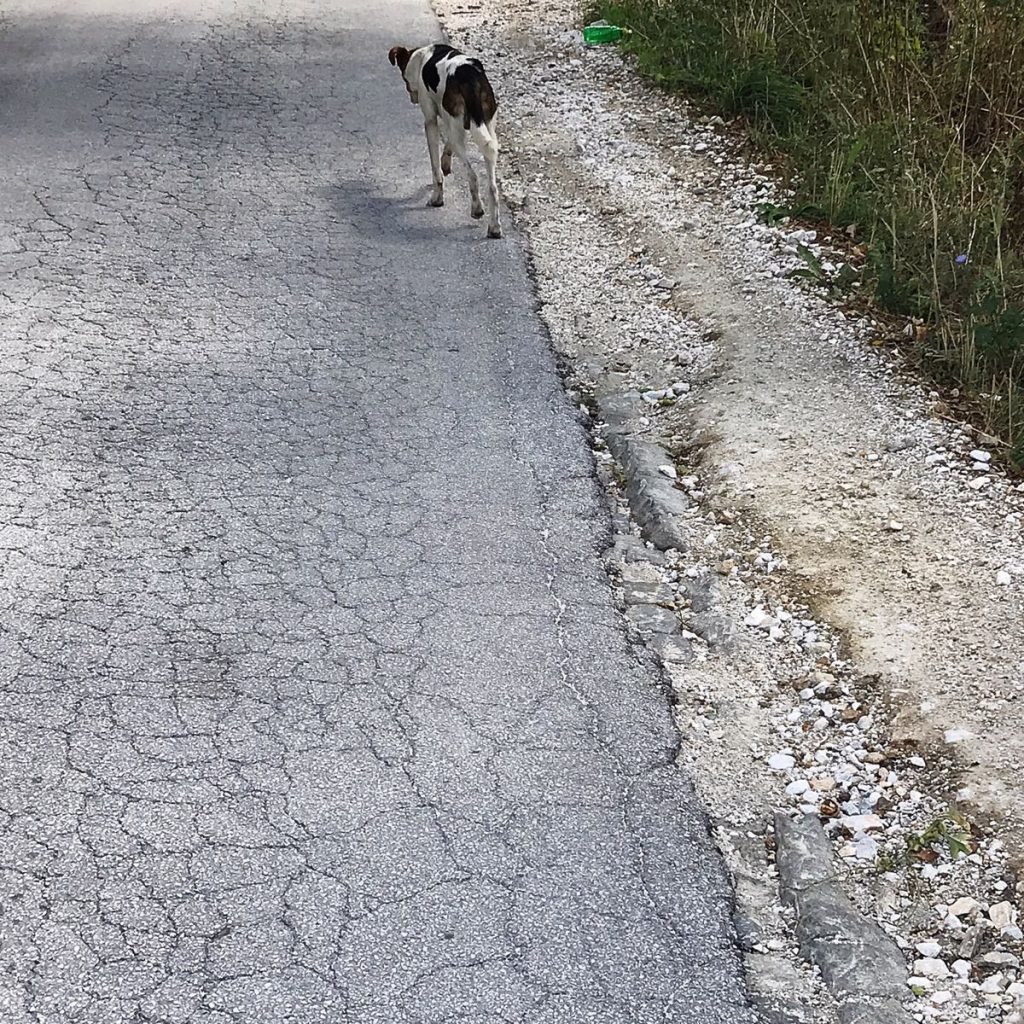
Pacedonia
Yesterday’s experiences in Macedonia had given me energy to continue restoring my inner peace and then taking it away from me again.
It taught me about kindness and compassion. That the world is full of suffering and that it is also filled with immense kindness. We may not be able to help the entire sea of suffering, that we need to carefully choose our battles, that to help one soul out of the multitude will not cure the sorrow and despair that is inside that it won’t give lasting inner peace but will at least help one soul.
Is it better to be cruel to be kind and turn a blind eye to suffering? To throw a rock and shout for them to not pollute our vision with their suffering? Or do we when others ask for help and follow, do we let them follow even if we can only give them a moment’s compassion or a piece of bread? By letting them follow and giving them empathy are we giving them false hope knowing that we can do little else? How far How do we extend our hand when we have invited means at hand? I am still searching for my pacedonia.
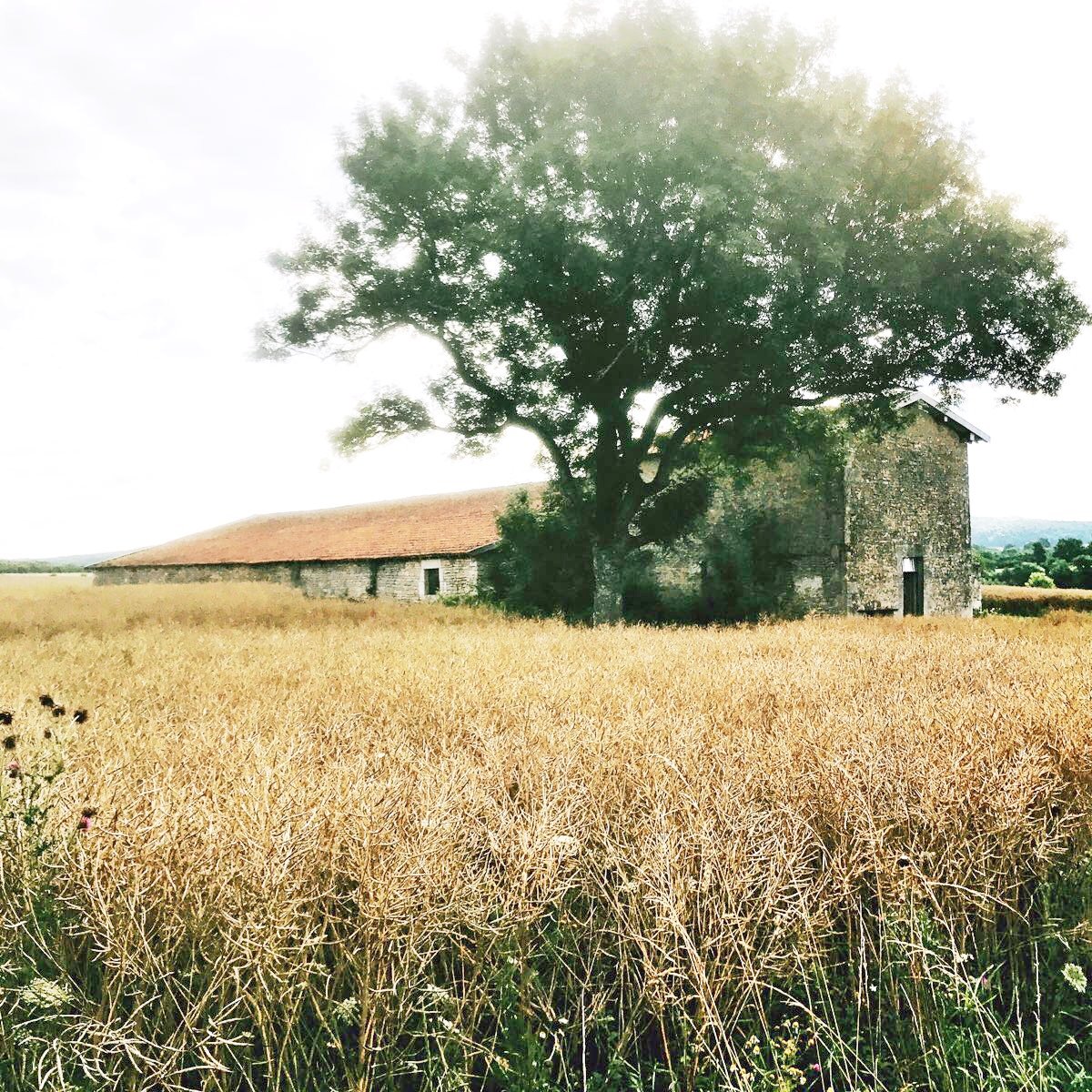
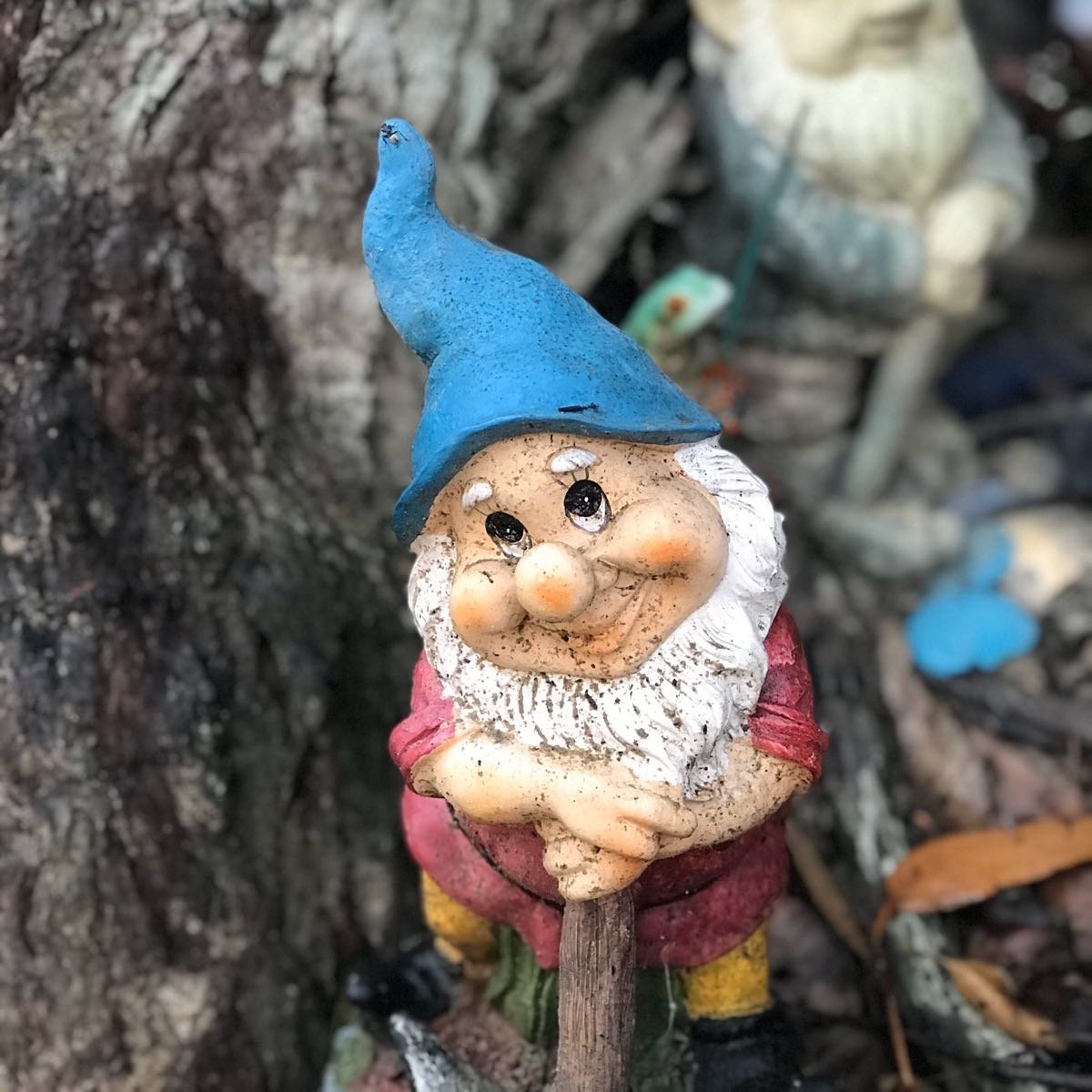
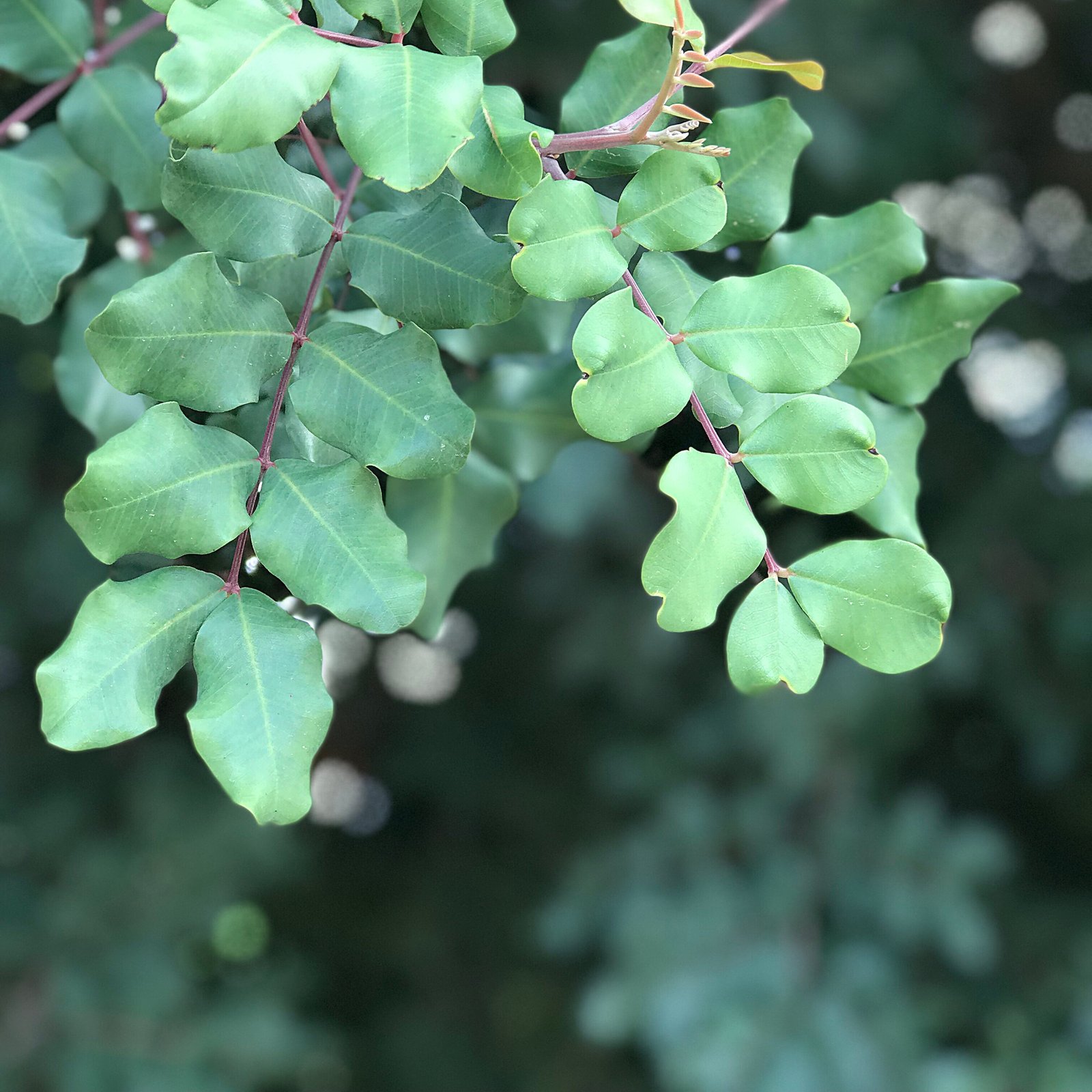


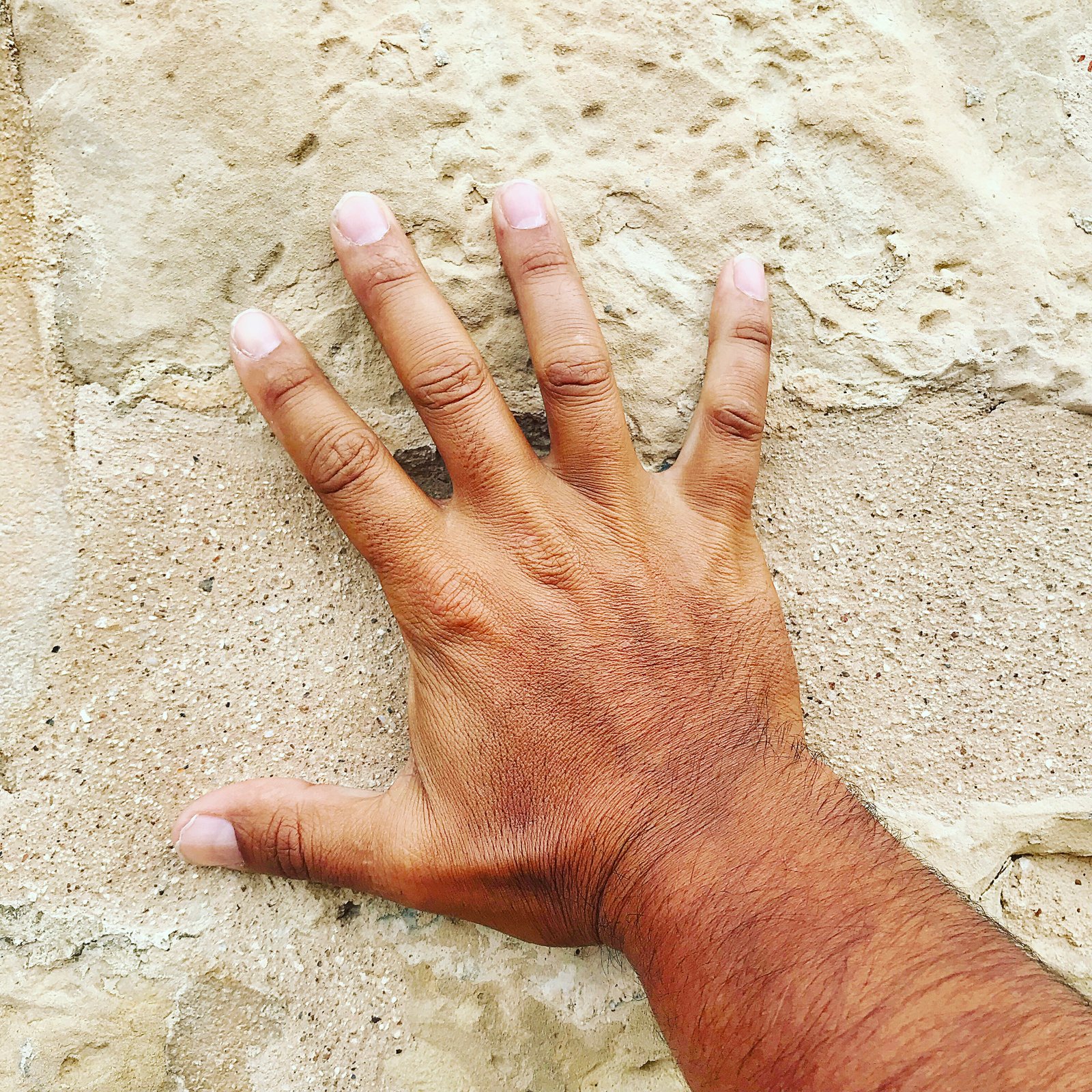

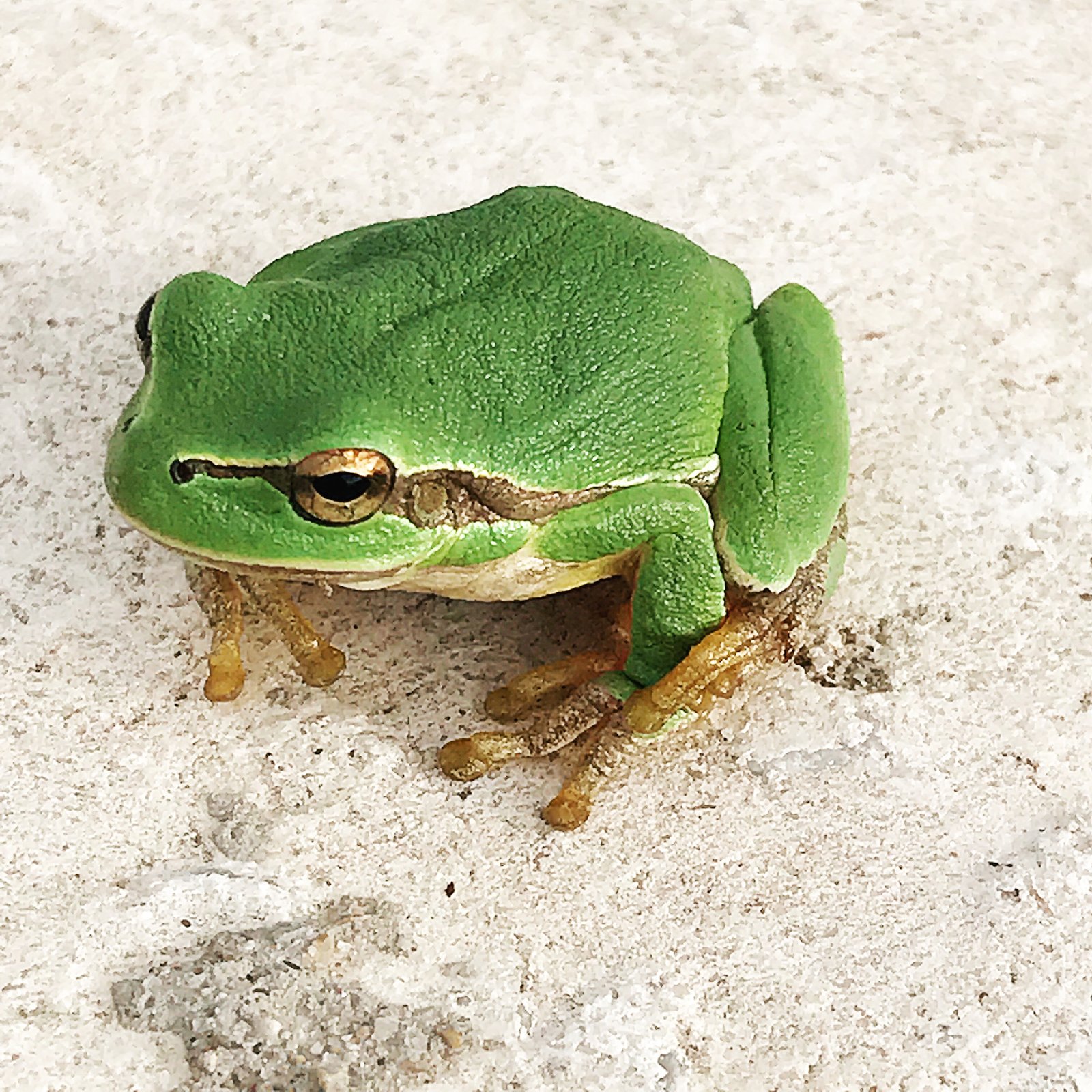
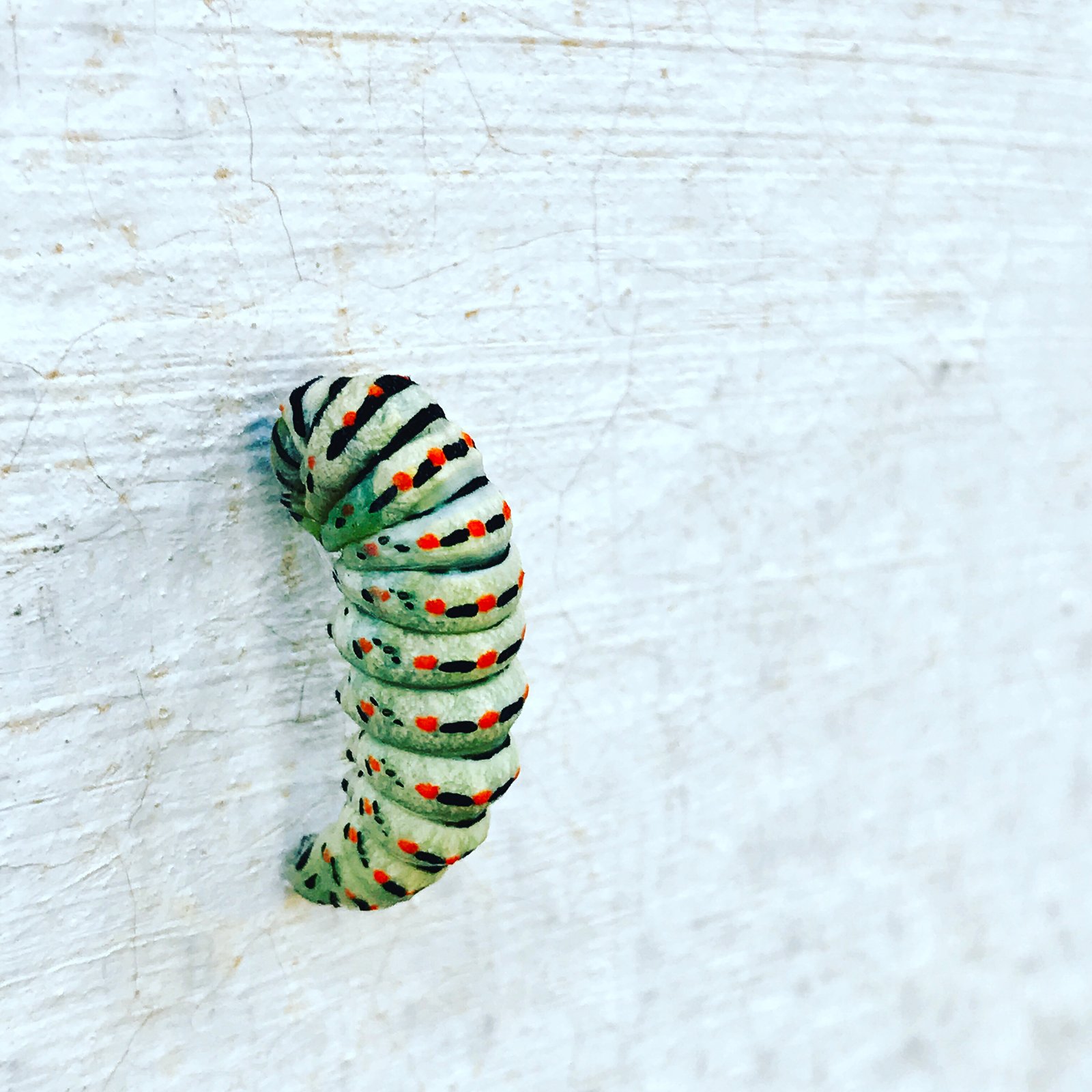


Paul Herman
09/27/2017Dave, you’re are walking to achieve a great goal. Don’t walk too hard and you will be more effective. Take care.
David Cuschieri
10/01/2017Hi Paul,
We don’t have much choice in the kilometres we are doing. We have a specific goal. Yet I do have choice on how I look after myself both physically and mentally and this all makes the difference.
Blessings,
David
Paul Haines
09/28/2017Hi David, I’ve been following your blog, and Tim’s, and Cressey’s, and its been wonderful to keep up with you all this way. Its been really interesting to read your observations and thoughts as you’ve progressed. This blog touched me greatly because it keyed in to much of what I went though on my Walk for Peace from Rome to Jerusalem, and my previous walk from London to Rome. Both my walks were for different motivations and I learnt so much along the way about myself, about other people, or angels as I sometimes called them, and about the causes I was trying to communicate about. I allowed myself time to stop at various times which sometimes helped with the processing of what I was experiencing. One experience while I was walking, was of stopping on a small Greek Island for two weeks to help refugees landing there. I got to meet and get to know many Syrian refugees, and we talked about them walking away from the Middle East, from war, and me, walking towards the Middle East for Peace. As you can imagine it was a very humbling experience which left me exhausted in one one way but very energised in another way when I was thanked by them for what I was doing. My ensuing walking took on an added dimension. On my walk there was a certain amount of flexibility about distances, timings, and end dates, which as a group and with a deadline, the Amos Trust doesn’t have that ‘luxury’. However I still found I faced the dilemmas that you write about above. I was always struggling and wanting more time to engage, to communicate and connect with others. It did seem strange as you’d think with walking, you would be face to face, and not behind the wheel of a car. It does seem as though the distances you’re all walking I might find difficult, physically, but also mentally. But you do have a very focussed goal and maybe that is a stronger priority for the walk that the Amos Trust are setting out to accomplish. It is an amazing thing you are all doing, and I look on in admiration!
I’ve learnt so much from each walk I’ve undertaken, and I’m still learning from reflecting on what I did, but now also looking in on your walk, I learn.
By the way, I sat at the same table in the bar at Capari in the photograph above, almost exactly two years ago, sipping a wonderfully cool drink of beer. Except that two years ago the table was on the right side of the front door!!
David Cuschieri
10/01/2017Hi Paul,
Thank you for your beautiful reflections. It am always happy to hear from you and more so to hear that the blogs of myself and some of the other pilgrims help to trigger memories and thoughts for you. I find each day gives a new learning, and walking tends to allow that space to bring it to the fore. Knowing that others reading my observations and they to being able to get new insights helps me to continue to write.
Paul, you are always with us on our journey. I think of you and all those have joined us including the generous people we have met along the way very often.
Blessings,
David
Paul Haines
09/28/2017PS be careful about dogs! On my walk two years ago I had a bad incident two days across the border from Macedonia to Greece, and there has recently been a serious dog attack in the stretch between Thessalonkia and Istanbul. Its been in the news in the last few days back here in the UK. I’ve left a message on Cressy’s Facebook about this.
David Cuschieri
10/01/2017Hi Paul,
Thank you for the warning. We have heard about the serious dog attack from the stretch from Thessaloniki to Istanbul and we are taking heed. Whenever we approach a pack of wild or stray dogs that are ferociously barking we approach as a group in order that the dogs aren’t able to intimidate us and they have on all occasions backed down.
Warm wishes,
David
Ross Cochrane
10/05/2017Dear David,
Keep thinking of you and “that little dog”!!
Very hard, when you look into those doggy eyes.
Kind Regards,
Ross
David Cuschieri
10/06/2017Thanks Ross, dogs can do that to you. I have had many experiences since then with dogs and my heart continue to melt when i look into a puppy dogs eyes. Those eyes do it to me all the time.
Best wishes,
David